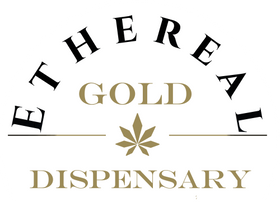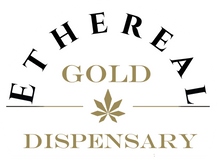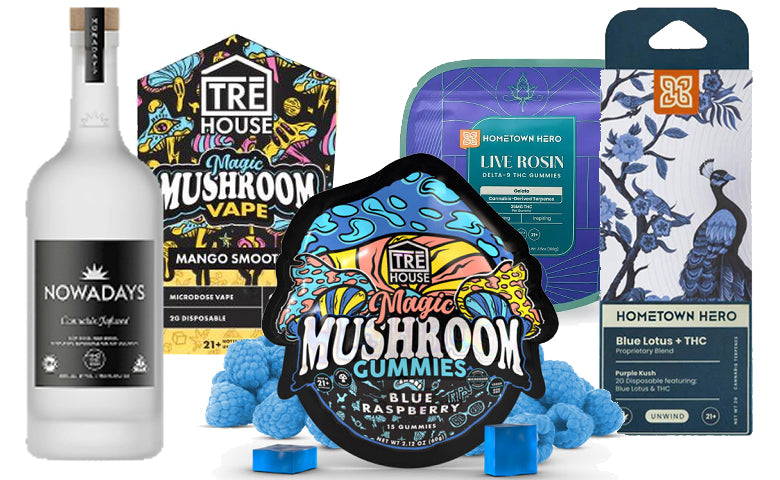The cannabis industry is bursting with innovations and discoveries. As we delve deeper into the intricacies of cannabis plants, we encounter an ever-growing list of cannabinoids, each with its unique profile and potential benefits. However, as with any rapidly growing industry, marketing tactics sometimes blur the line between genuine advancements and clever selling strategies. Enter Delta-9P, a term that's been creating buzz recently. But what is it really?
What is Delta-9 THC?
Delta-9 THC is the primary psychoactive compound found in the cannabis plant. This cannabinoid is responsible for the euphoric "high" that recreational marijuana users seek. Beyond its psychoactive effects, Delta-9 THC has shown potential therapeutic benefits including pain relief, appetite stimulation, and anti-nausea properties. It's the cannabinoid most people are familiar with when thinking about marijuana.
What is THC-P?
While Delta-9 THC might be a well-known name, THC-P is a relative newcomer. It's a homologue of Delta-9 THC, which means they share structural similarities. THC-P is believed to be more potent than its famous cousin, with preliminary research suggesting it might be 30 times more potent! It's still early days, but scientists are excited about the potential therapeutic benefits and applications this cannabinoid might offer.
The Truth Behind Delta-9P
Now, with a clearer understanding of both Delta-9 THC and THC-P, let's explore the concept of just what is Delta-9P? As it turns out, Delta-9P is not a newfound cannabinoid waiting to be studied. Instead, it's a marketing term that denotes a product containing any combination of Delta-9 THC and THC-P. Yes, you read that right: it's essentially a blend of two known cannabinoids marketed under a new, catchy name.
The use of such terms in marketing isn't new. Companies frequently employ strategies to make their products sound unique, novel, or superior to competitors. While creating a buzz is essential for business growth, there's an ethical line that shouldn't be crossed.

The Ethical Implications
Cannabis and its derivatives interact with our endocannabinoid system, influencing a host of physiological processes. Introducing cannabinoids into our system can have varied effects, from therapeutic benefits to potential side effects. Hence, it becomes crucial for consumers to know exactly what they're consuming.
When companies use vague or misleading terms like Delta-9P, they're not providing consumers with clear information about what's in the product. This lack of transparency can be dangerous. For instance, someone unaware of THC-P's potency might consume products containing it in higher amounts, leading to unforeseen reactions or side effects.
In conclusion, while the world of cannabinoids is genuinely exciting and brimming with potential, it's essential for companies to maintain transparency and honesty in their marketing efforts. As consumers, we should stay informed, ask questions, and always prioritize our safety over catchy product names.
Ready to try a real cannabinoid in your vape like THC-P? Get some from Ethereal Gold Dispensary and also take an extra 10% off your order when you use the code AUGUSTBLOG!
FAQ
What is Delta-9P?
Delta-9P is a marketing term denoting a product containing any combination of Delta-9 THC and THC-P.
Is Delta-9P a new cannabinoid?
No, it's not a new cannabinoid but rather a blend of Delta-9 THC and THC-P.
What is the difference between Delta-9 THC and THC-P?
Delta-9 THC is the main psychoactive compound in cannabis. THC-P, a relative newcomer, is believed to be more potent than Delta-9 THC.
Why is clarity about cannabinoid content in products important?
Knowing the exact cannabinoid content ensures safe consumption and helps avoid unforeseen reactions or side effects.
How can I ensure I'm getting accurate information about a product's cannabinoid content?
Always buy from reputable sources, read product labels thoroughly, and inquire directly with manufacturers or sellers if unsure.







